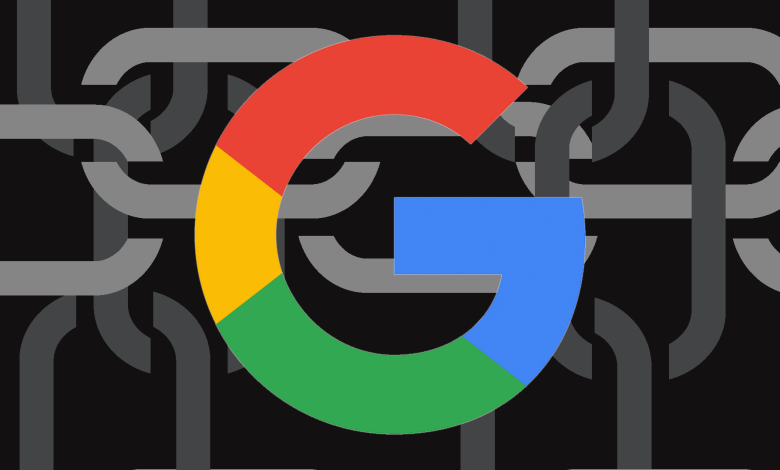
In 2016, Andrey Lipattsev, a senior strategist for Google search quality, stated that links pointing to your site were among the top three Google Search ranking factors, alongside content and RankBrain.
However, in 2023, Gary Illyes, an analyst on the Google Search team, indicated that this is no longer the case during a recent Pubcon Pro event in Austin.
Why we care. It’s important to clarify that links still carry weight. Illyes emphasized this point. No one argues otherwise. However, recognizing that the current landscape of Google Search differs significantly from what it was in 2014 or the early 2000s is crucial. Back then, PageRank was all-important, and every link served as a “vote.” Today, advancements in technology, like machine learning (e.g., BERT, MUM) and natural language understanding, along with other relevance signals, have taken on more significant roles in Google’s algorithm.
What Illyes said. When asked if links remain among the top three Google Search ranking factors, Illyes responded negatively:
- “I think they are important, but I think people overestimate the importance of links. I don’t agree it’s in the top three. It hasn’t been for some time.”
Illyes also mentioned that “it is possible to rank without links.” Though this appears to be a rare example, he cited a case where a webpage had zero links (internal or external) but ranked consistently at number one due to its exceptional content, which Google discovered through the site’s sitemap.
Earlier this year, during a keynote at another Pubcon event, Illyes conveyed a similar message, stating that achieving good rankings in many verticals is possible without links:
- “Links are important, but not as important as people think.”
Not the first to downgrade links. Duy Nguyen from Google’s search quality team echoed this sentiment during a Google SEO Office Hours session in November, explaining that links have a reduced impact on ranking compared to when Google Search first began:
- “First, backlinks as a signal have a lot less significant impact compared to when Google Search first started out many years ago. We have robust ranking signals, hundreds of them, to ensure that we can rank the most relevant and useful results for all queries.”
In a Search Off the Record podcast episode, Google’s John Mueller shared his thoughts on the future of links as a ranking factor:
-
“Well, it’s something where I imagine, over time, the weight on the links. At some point, will drop off a little bit as we can’t figure out a little bit better how the content fits in within the context of the whole web. And to some extent, links will always be something that we care about because we have to find pages somehow. It’s like how do you find a page on the web without some reference to it?
- But my guess is over time, it won’t be such a big factor as sometimes it is today. I think already, that’s something that’s been changing quite a bit.”
Mueller also expressed a similar viewpoint in 2020:
- “Links are definitely not the most important SEO factor.”
And in 2014, Matt Cutts, a former distinguished engineer at Google, predicted that backlinks would decline in importance:
- “I think backlinks still have many, many years left in them. But inevitably, what we’re trying to do is figure out how an expert user would say, this particular page matched their information needs. And sometimes backlinks matter for that. It’s helpful to find out what the reputation of the site or a page is. But, for the most part, people care about the quality of the content on that particular page. So I think over time, backlinks will become a little less important.”
Liar, liar? Whenever a Google representative makes such statements, many SEOs argue it’s typical Google disinformation or outright falsehoods. This disagreement is an inherent part of SEO discourse.
Nevertheless, Illyes did not claim links are unimportant. He clarified that they are no longer among the “top three” ranking factors. Additionally, Illyes challenges the concept of a singular “top three” since different sites may prioritize different ranking factors.



